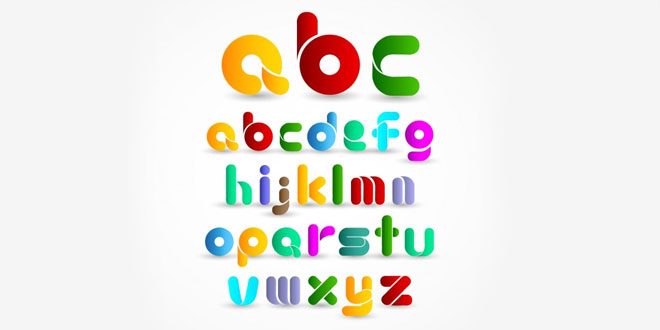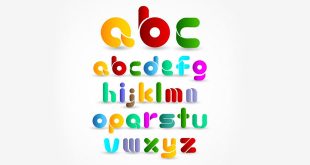Examples of Zeugmav
Examples of Zeugma from Literature
- “And all the people saw the thundering, and the lightning, and the noise of the trumpet, and the mountain smoking: and when the people saw it, they removed, and stood afar off.” From the Bible.
- “You held your breath and the door for me.”
- He lost his coat and his temper.
- She opened the door and her heart to the orphan.
- She exhausted both her audience and her repertoire, by Anonymous.
- To wage war and peace.
- “You held your breath and the door for me.”
- The addict kicked the habit and then the bucket.
- “Here thou, great Anna! whom three realms obey, Dost sometimes counsel take – and sometimes tea”
- “Whether the nymph shall break Diana’s law, Or some frail China-jar receive a flaw, Or stain her honour, or her new brocade.” From Rape of the Lock, written by Alexander Pope.
- “Mr. Pickwick took his hat and his leave.”
- “She looked at the object with suspicion and a magnifying glass.” By Charles Dickens.
- “He carried a strobe light and the responsibility for the lives of his men.”
- “You are free to execute your laws, and your citizens, as you see fit.”
- “Kill the boys and the luggage!”
- “She arrived in a taxi and a flaming rage.”
- “. . . losing her heart or her necklace at the ball.” By Alexander Pope.
- “I fancy you were gone down to cultivate matrimony and your estate in the country”, by Goldsmith.
- “Friends, Romans, countrymen, lend me your ears.” By William Shakespeare.
- “The theme of the Egg Hunt is ‘learning is delightful and delicious’–as, by the way, am I.”
- “You held your breath and the door for me.”
- It certainly wouldn’t break anyone’s heart or bank to give some time to charity.
- Fear makes us cautious, resentful and sometimes dangerous.
Other Examples of Zeugma
- The farmers in the valley grew potatoes, peanuts, and bored.
- It was curtains for him and the window.
- Her hopes drowned with it her belief in idealism, trust in heaven, certainty in goodness and purity of heart.
- She bought the 1994 election, an antique cereal bowl, and the farm.
- The journalists covered the assassination and up the conspiracy.
- I saw there the laughter, the great gaiety, the very picture of joy, the epitome of happiness.
- She carried a sack of groceries, a child, and on.
- He drowned his sorrows and his cat, but the relief was only temporary; it was only a matter of time before it took a more sophisticated victim to quell his disturbances.
- He held a high rank and an old notepad.
- He lost his coat and his temper.
- My family is happy, well fed and kind to each other.
- It was fearful how he was neither an alien, nor a human walking on two legs, neither a creepy insect, nor a handsome apparition.
- He bit the bullet, his hand, and the dust.
- Elle wore a pink hat and a beatific smile.
- She killed time and the mailman.
- She came up through the ranks, over last night, repeatedly, and to realize the error of her ways.
- She jumped his bones and over the dog.
- Fix the problem and not the blame.
- In the morning, happy he was, and in the evening and dark night too.
- His boat and his dreams sank.
- She aroused suspicion and men.
- I am leaving for greener pastures and 10 days.
- Time makes older adults wiser and younger adults less wise.
- She was upstairs, and her children downstairs.
- Across the road, the field and the park we ran.
- He screwed up the assignment and over his partner.
- Afraid and unhappy, the boy stood alone in the world.
- On his fishing trip, he caught eight trout and a cold.
- He threw a bomb and killed soldiers, maimed children, injured women and blinded men.
- She lowered her standards by raising her glass, her courage, her eyes and his hopes.
Some Zeugma Examples with Humorous Effect
- He rang the bell and up her purchases.
- She entered the data and his room.
- He bought her story and a beer.
- He flew the coop and the kite.
- She gathered her wits and her knitting.
- He fished for compliments and trout.
- He fell back on his sword and his position of power.
- He milked the situation and the cow.
- She stayed his execution and at the hotel.
- He played for keeps and money.
Zeugma is a fun rhetorical device that can be used to connote several meaning in one single line. For example, “He hid his feelings and the ball.” In the following sentence ‘hid’ is used to describe about the feelings as well as the ball. In this article, we have attempted to present a list of best zeugma examples that might help you to understand this figure of speech better.
 Class Notes NCERT Solutions for CBSE Students
Class Notes NCERT Solutions for CBSE Students


